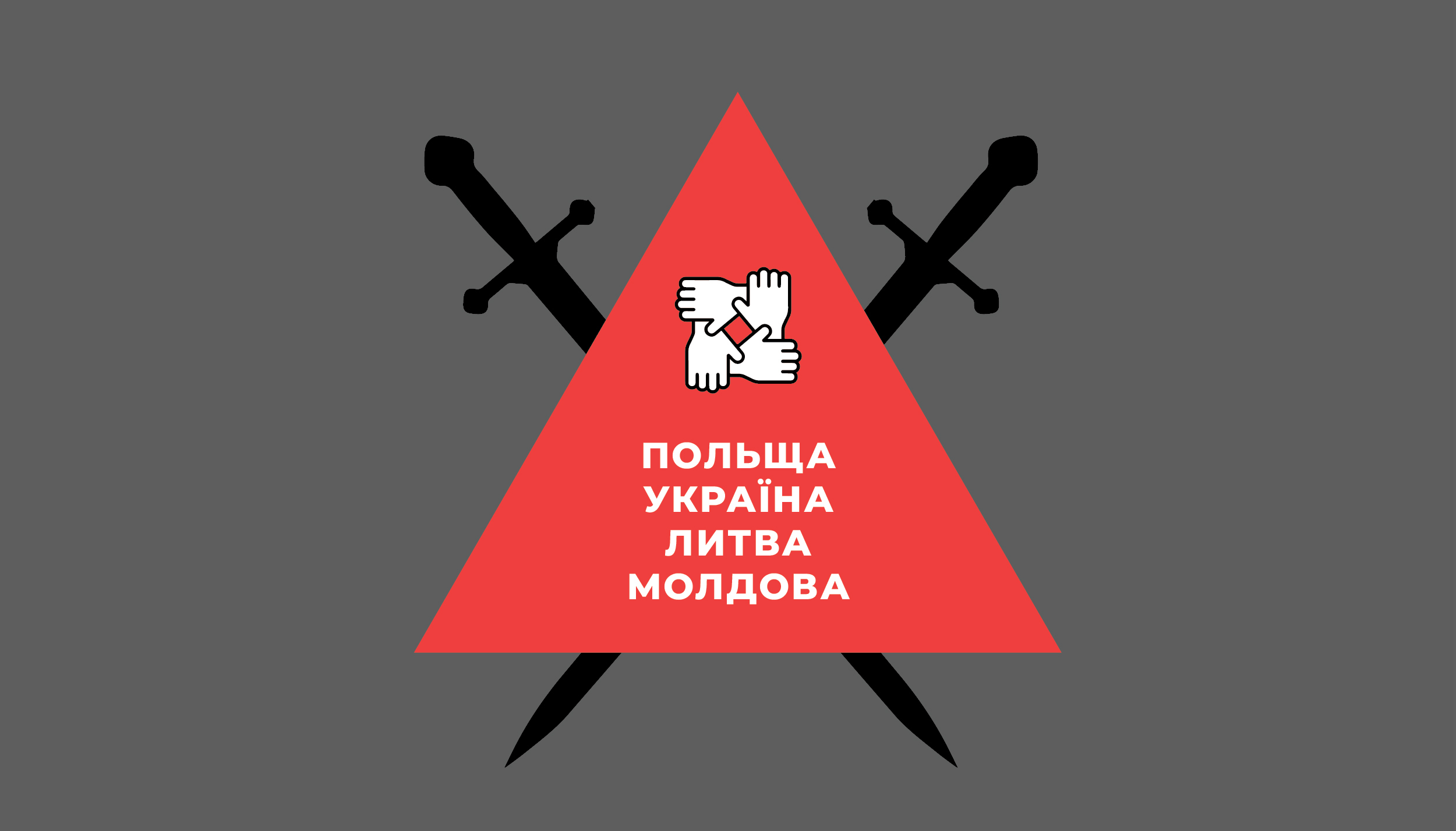Kremlin efforts to manipulate and interfere with information are an ongoing challenge in the countries of the Lublin Triangle, or L3, a regional alliance composed of Lithuania, Ukraine, and Poland that was established in July 2020 to facilitate coordination between the three states. Upon its foundation, a key priority for the L3 was developing mutually beneficial and strategically effective countermeasures to the common security challenges faced by all the three states, such as foreign information manipulation and interference (FIMI) operations and other non-kinetic threats posed by the Kremlin and its allies, such as cyber-attacks, malign political influence, and economic corruption. In 2022, three civil society groups in Poland (Kosciuszko Institute), Ukraine (Detector Media), and Lithuania (Civic Resilience Initiative) published a joint report, supported by the Open Information Partnership, where they mapped and analysed the narratives used in these influence operations, proposed mechanisms for building societal resilience to them, and made several key recommendations for the three governments of the L3. The project was supported by the Open Information Partnership.
This report represents an iteration of the previous report, building on its findings to explore the actors, tactics, techniques, and procedures of Russian FIMI operations in the region in more detail. It reveals how these operations are used to undermine diplomatic relations between the three Lublin Triangle countries and how they target and instrumentalise vulnerable groups, as well as it assesses the efficacy of existing countermeasures.
This report also extends outside the L3 to cover Moldova – which faces many of the same challenges (and many of the same FIMI operations) as the L3 countries and represents a key strategic priority for allied governments. Findings and insights from the Moldovan case are essential for informing a comprehensive and robust assessment of the challenges and opportunities for the governments of the L3. Furthermore, Moldova itself stands to benefit from being considered in the strategic – and ideally, coordinated – responses of the L3 countries.
Please find the full version of the report below.



